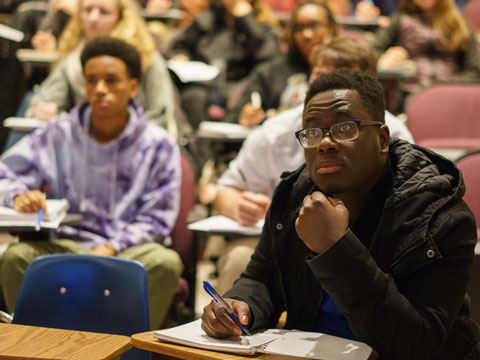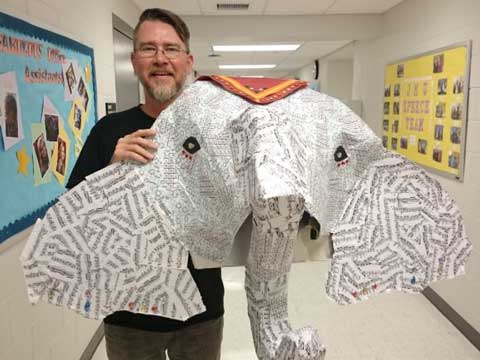Welcome to the School of Communication Studies
As a community of scholars we value a blend of theoretical and applied learning and our scholarship strives to understand and improve how humans communicate to meet needs and goals. We value working collaboratively with students and inspiring students to find and explore their interests. The way we talk is influenced by the way we think, and the ways we think are influenced by the ways that we talk – so we encourage being curious, reflective, and intentional about communication. Read more from our Director
“We are a community engaged in teaching, researching, and practicing communication as central to cultivating ethical, productive, and meaningful lives and relationships.”



